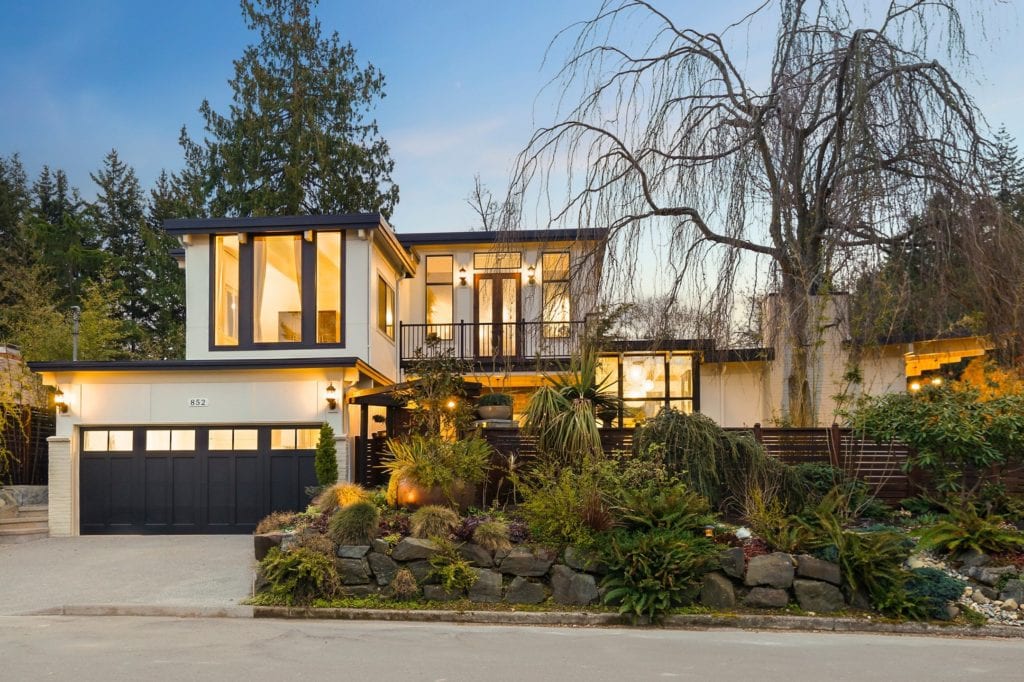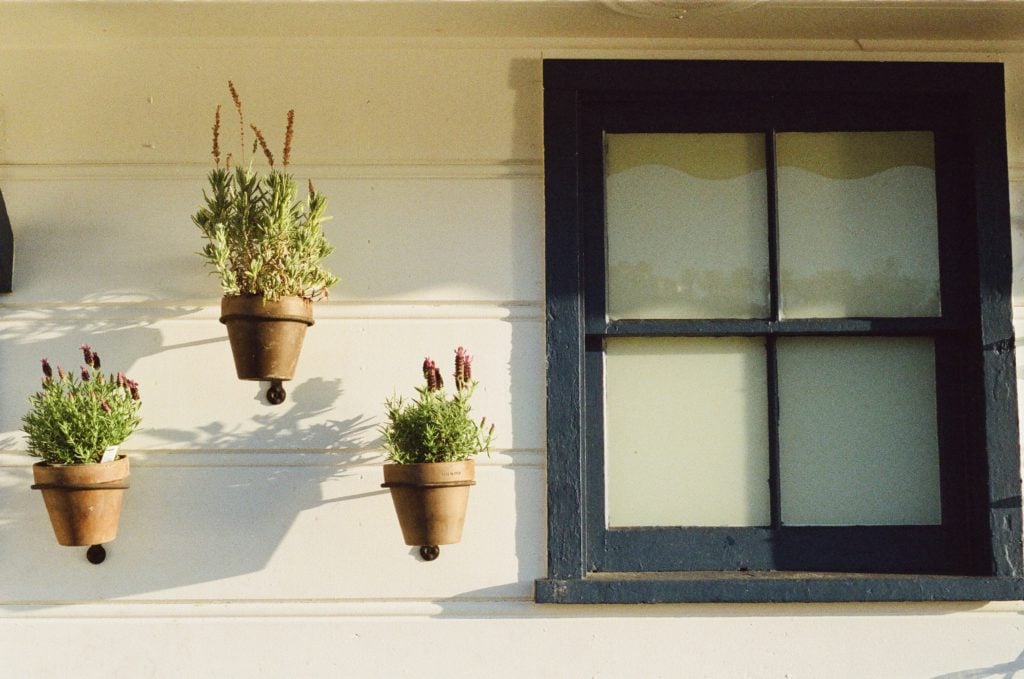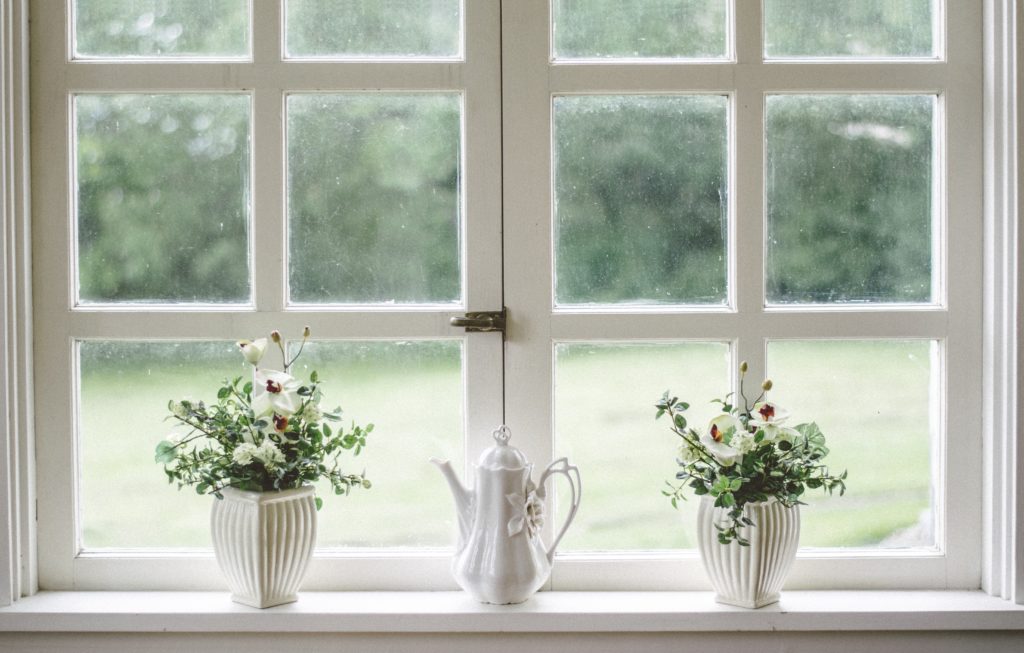11 Things You Should Know Before Replacing Windows in Your Home

Replacing or installing windows can be stressful for many homeowners. Whether it’s deciding if your windows can be restored, what to do if you have historical windows, or figuring out what kind of windows are best for your house, there are a lot of factors to consider. Replacing windows in a home you own in Los Angeles is a lot different than replacing them for a rental house in Tulsa. Even property management companies of apartments in Seattle need to consider window replacement if they’re starting to encounter problems.
So, how do you know if you need to replace windows in your home? Perhaps you recently noticed that one or more of your windows have become difficult to open – a common problem, especially with wood windows. Maybe there’s too much sound pouring in from the street in front of your home, or condensation has begun building up between your double-pane glass. Or, maybe you conducted a home energy audit after discovering your energy bills had been steadily increasing.
These are common problems and are usually good indicators that it’s time for a window replacement. However, we went one step further and asked window experts some of the most common questions homeowners have when replacing windows in their homes.

1. Should I replace my windows or restore them?
Depending on what’s wrong with your windows, they might just need a few repairs to work like new. “Many people don’t realize that windows can often be easily repaired by a specialist instead of replacing an entire window unit,” says the team at Chicago Window Repair. “Our company has received thousands of calls over the years from customers asking about new windows, explaining that a component doesn’t work properly.”
They continue, “Various parts such as insulated glass units, balances, operating mechanisms, handles, covers, and tilt latches can be replaced instead saving you thousands of dollars compared to a full window replacement. These replacement hardware parts are usually third-party and not directly tied to an original window manufacturer. Even if your window company is no longer in business, a professional can usually swap out defective parts.
Is your window not sliding up or staying open? Is it not cranking out fully? These problems can often be fixed for a fraction of the cost of a brand-new window.”
2. Do I need new construction windows or replacement windows?
Where the draft is coming from can help decide what type of window is needed. “The biggest decision to make is whether you need new construction windows or if replacement windows will do the trick,” says Colin Shaw of Handyman Services of CT.
“A simple test is to check where the draft is coming from. If it is coming in around the trim, you need a new construction window. If it is coming through the frame of the window, a replacement window should be fine and will make a big difference.”
3. How long do new windows last?
If you’re spending money on a big project like replacing windows, it’s good to know how long they will last. “Good windows can stick around for 15 to 30 years, but it depends on what they’re made of – vinyl and aluminum might tap out sooner, while wood or fiberglass can go the distance if you take care of them,” says the team at Mr. Glazier and Mr. Glazier Studio. “Keep an eye out for drafts or little damages and fix them quickly – it’ll keep them going strong for years.”
Liz Wilson of LA City Glass agrees with this estimate. “On average, windows last between 15 and 20 years, depending on the materials and climate conditions,” she says. “In sunny climates like LA, vinyl and fiberglass windows tend to withstand the elements longer and retain their appearance.”

4. What do I do if I have historical windows?
For those living in a historical house, it can be daunting to consider window replacement. “Specifically, when replacing historic windows, prioritize restoration over replacement whenever possible to maintain the architectural integrity and character of your property,” says Cooper Historical Windows.
They continue, “If replacement is necessary, choose windows that match the original materials, profiles, and detailing, as modern vinyl alternatives often diminish a building’s historic value and authenticity. It is important to work with preservation specialists who understand traditional joinery techniques and can source appropriate period-accurate hardware and glass. Remember that properly restored historic windows can be just as energy-efficient as modern alternatives when combined with specific glazing packages, well-fitted storm windows, and weatherstripping.”
5. How quickly do I need to act if my windows need maintenance?
Jesse Sasomsup from Earnest Homes emphasizes the importance of staying ahead of maintenance issues: “You want to avoid deferred and unreported maintenance. Those repairs are always more expensive, and in all of our experience managing and maintaining properties, we’ve never known a problem to become easier with time.”
This is especially true when it comes to windows. Ignoring drafty frames, condensation between panes, or signs of rot can lead to higher energy bills and costly structural damage. Addressing window issues promptly ensures better efficiency, improved curb appeal, and long-term savings.
6. Why are my windows leaking?
It can be alarming to come home on a rainy day and find water on your window sill. “If water is entering your home from the window frame during the rainy season, this is because an excess of water is gathering outside of the window,” says Sunset Glass Co. Inc. “Homeowners should check outside directly above and below the window to see why extra water is collecting. This is unrelated to the glass, and the window does not need to be replaced at this time.”
7. How much do new windows cost?
For home maintenance projects, it’s good to know how much to expect to pay. “The cost of home window installation ranges from $300 to $1,200 depending on the windows you select,” says the team at Mr. Glazier and Mr. Glazier Studio. “The final price will vary based on material, size, and energy efficiency features like double-p glazing or low-E coatings. Custom designs or premium frames like fiberglass can push costs higher. Just figure out your budget and decide what’s worth splurging on.”
In the long run, selecting energy-efficient options can help save you money and offset the costs of window replacement. “When selecting replacement windows, prioritize energy-efficient options with Low-E coatings to reduce heat gain during our hot LA summers,” says Liz Wilson of LA City Glass. “This simple upgrade can lower your cooling costs and improve your home’s comfort year-round.”

8. When’s the best time to buy replacement windows?
The best time to replace windows can vary depending on your location and what you’re looking for. “Scheduling window replacements in early spring offers the best flexibility before peak season begins,” says Doug from Evergreen Door & Window. “With fewer backlogged installations, you’ll benefit from quicker turnaround times and more convenient scheduling options.”
For Kristopher Greene of Chicago Windows & Doors, he advises replacing windows after peak season. “When planning to replace windows, timing is everything: schedule your project during late fall or early winter when window installation companies typically offer significant discounts (sometimes up to 20-30% off) and have more flexible scheduling,” says Kristopher. “Pro tip: look for Energy Star-certified windows that can potentially save you up to 12% on your annual energy bills, focusing on models with low U-factor ratings for better insulation in colder climates.”
9. How do I choose the right windows for my home?
When choosing windows, always make sure they fit with the rest of the house. “You’ll want windows that fit your home’s vibe – maybe classic double-hung ones if you’ve got an
older house, or slick casements for something more modern,” says the team at Mr. Glazier and Mr. Glazier Studio. “And make sure they’re built for your weather, like insulated vinyl if it gets chilly where you are. It’s a juggling act between how they look, how they work, and what you can spend, so chatting with a pro can help if you’re feeling lost or don’t have a clear plan in mind.”
Make sure to also keep in mind the kind of glass you want for your windows. “The glass you choose for your windows plays a huge role in both aesthetics and functionality,” says Liz Wilson of LA City Glass. “Opt for double-glazed windows with insulated glass units to keep your home energy-efficient while minimizing outside noise — a common concern in urban environments like Los Angeles.”
10. When should I replace double pane glass?
It can be hard to know when double-pane glass needs to be replaced. “Insulated glass is ‘failed’ when air or moisture enters the unit between the panes because the seal has failed,” says Sunset Glass Co., Inc. “You can see signs of failure when it looks hazy or foggy between the two panes. It is time to replace the glass when the fog is visible 24/7.”
11. How do I prepare for a window replacement?
You’ve scheduled your window replacement and are waiting on the crew to show up. Now what? “Before replacing your windows, ensure your space is clear of furniture or items that could obstruct the installation process,” says Liz Wilson of LA City Glass. “This will help speed up the work and reduce the chances of damage to your interiors during the process.”
The team at Mr. Glazier and Mr. Glazier Studio adds, “Start by figuring out exactly what you want – think about how they’ll open, what they’re made of, the glass, the size, all that good stuff – and get your order in. Then, when the crew’s about to show up, clear the space: shove furniture aside, pull down those curtains, and maybe give the bushes outside a quick trim so they’re not in the way. Oh, and make sure the outside’s easy to get to for deliveries and tossing out the old windows – keeps everything smooth and accident-free.”









